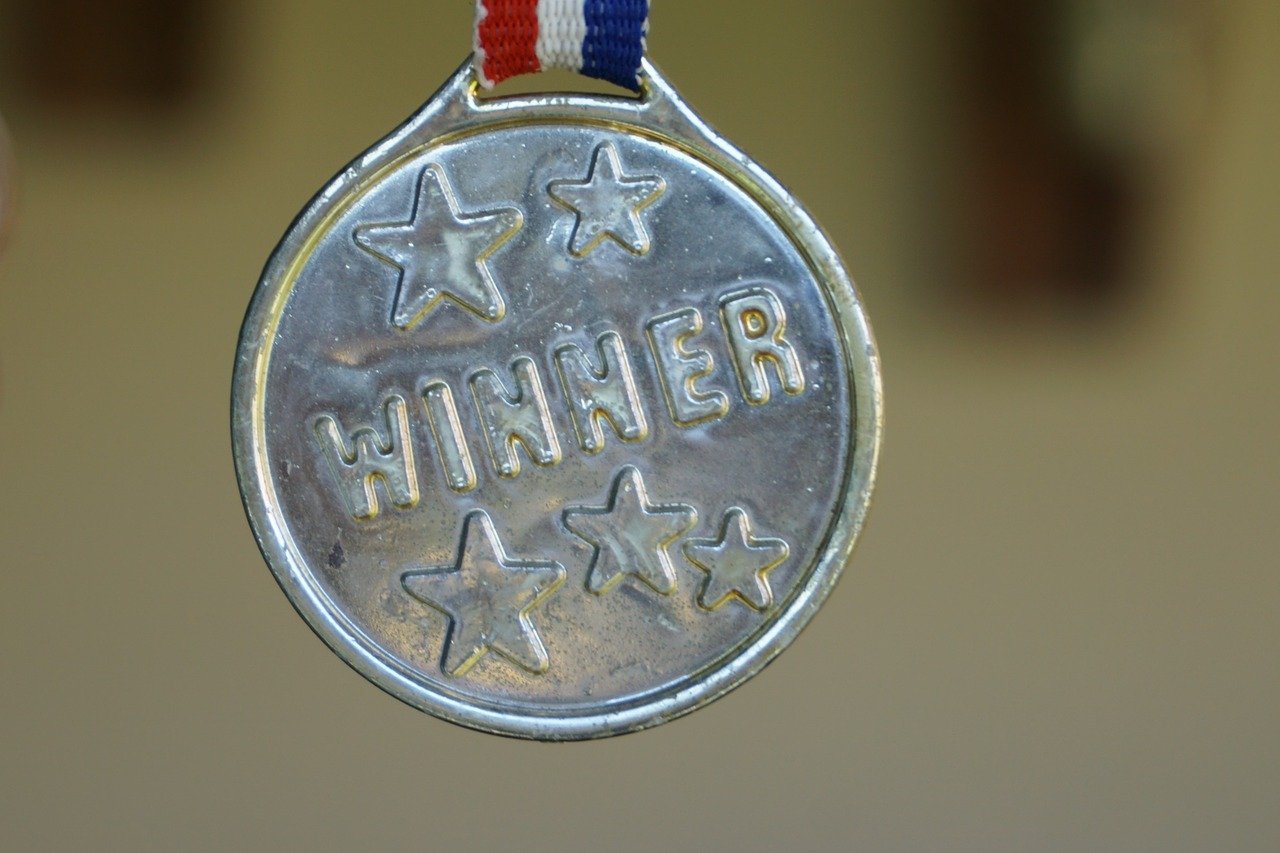
ΑΙhub.org
Congratulations to the #IJCAI2022 award winners

The winners of four IJCAI awards have been announced. These four distinctions are: the Award for Research Excellence, the Computers and Thought Award, the John McCarthy Award and the Donald E. Walker Distinguished Service Award.
IJCAI-22 Award for Research Excellence
The Research Excellence award is given to a scientist who has carried out a program of research of consistently high quality throughout an entire career yielding several substantial results.
The winner of the 2022 Award for Research Excellence is Stuart Russell (University of California, Berkeley). Stuart is recognized for his fundamental contributions to the development of Bayesian logic to unify logic and probability, the theory of bounded rationality and optimization, and learning and inference strategies for operations in uncertain environments.
IJCAI-22 Computers and Thought Award
This award is presented to outstanding young scientists in artificial intelligence.
The winner of the 2022 IJCAI Computers and Thought Award is Bo Li (University of Illinois at Urbana-Champaign). Bo is recognized for her contributions to uncovering the underlying connections among robustness, privacy, and generalization in AI, showing how different models are vulnerable to malicious attacks, and how to eliminate these vulnerabilities using mathematical tools that provide robustness guarantees for learning models and privacy protection.
IJCAI-22 John McCarthy Award
This award is intended to recognize established mid-career researchers, typically between fifteen to twenty-five years after obtaining their PhD, that have built up a major track record of research excellence in artificial intelligence.
The winner of the 2022 John McCarthy Award is Michael Littman (Brown University). Michael is recognized for his fundamental contributions to reinforcement learning and AI planning by enabling them to handle partial observability, and formalized state abstractions, building the theoretical foundations for future work.
IJCAI-22 Donald E. Walker Distinguished Service Award
This award honours senior scientists in AI for contributions and service to the field during their careers.
The winner of the 2022 Donald E. Walker Distinguished Service Award is Bernhard Nebel. Bernhard is recognized for his contributions to the field, as well as his extensive service to the IJCAI organization.
The recipients were selected on the recommendation of the IJCAI-22 Awards Selection Committee:
Thomas Eiter, Vienna University of Technology, Austria
Maria Gini, University of Minnesota Twin Cities, USA (Chair)
James Kwok, Hong Kong University of Science and Technology, Hong Kong
Luc De Raedt, KU Leuven, Belgium
Dan Roth, University of Pennsylvania, USA
Chengqi Zhang, University of Technology Sydney, Australia
tags: IJCAI2022, quick read











